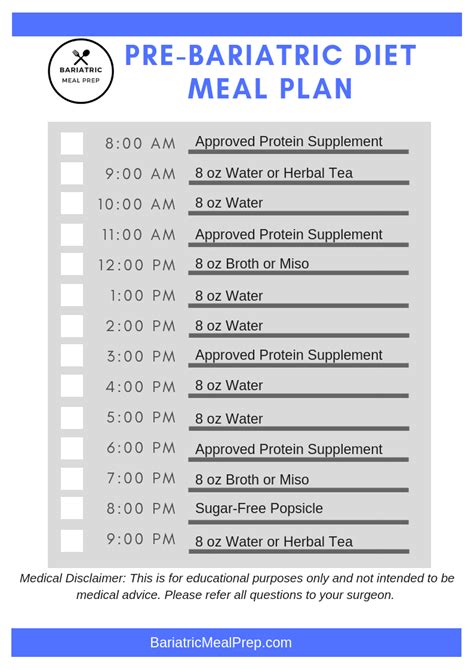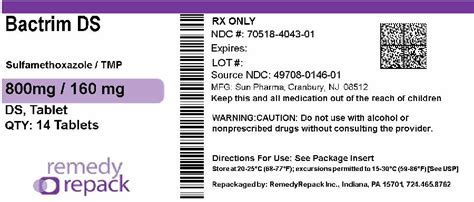Herpes infections, caused by the herpes simplex virus (HSV), can manifest in various forms, including oral herpes (HSV-1) and genital herpes (HSV-2). These infections can lead to significant discomfort, emotional distress, and social stigma. Fortunately, antiviral medications like acyclovir have revolutionized the treatment of herpes infections, offering patients effective relief and management of symptoms.
Introduction to Acyclovir
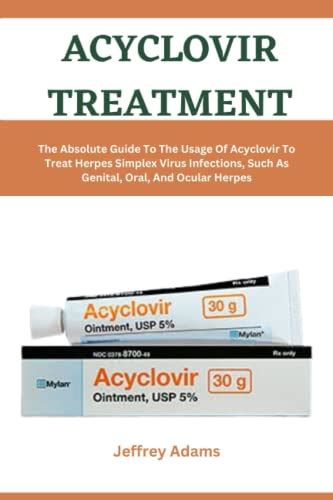
Acyclovir, also known by its brand name Zovirax, is an antiviral drug that belongs to the class of nucleoside analogs. It works by selectively inhibiting the replication of viral DNA, thereby reducing the severity and duration of herpes infections. Acyclovir is most effective when started early in the course of the infection, ideally within 48 hours of symptom onset. This medication is available in various formulations, including oral tablets, topical creams, and intravenous solutions, allowing for flexibility in treatment approaches based on the severity and type of infection.
How Acyclovir Works
The mechanism of action of acyclovir involves its conversion into its active form, acyclovir triphosphate, which then competes with the natural nucleosides for incorporation into the viral DNA. Once incorporated, it acts as a chain terminator, preventing further elongation of the viral DNA chain. This selective inhibition of viral replication is crucial for reducing viral load and alleviating symptoms without significantly affecting host cell DNA synthesis.
Clinical Uses of Acyclovir
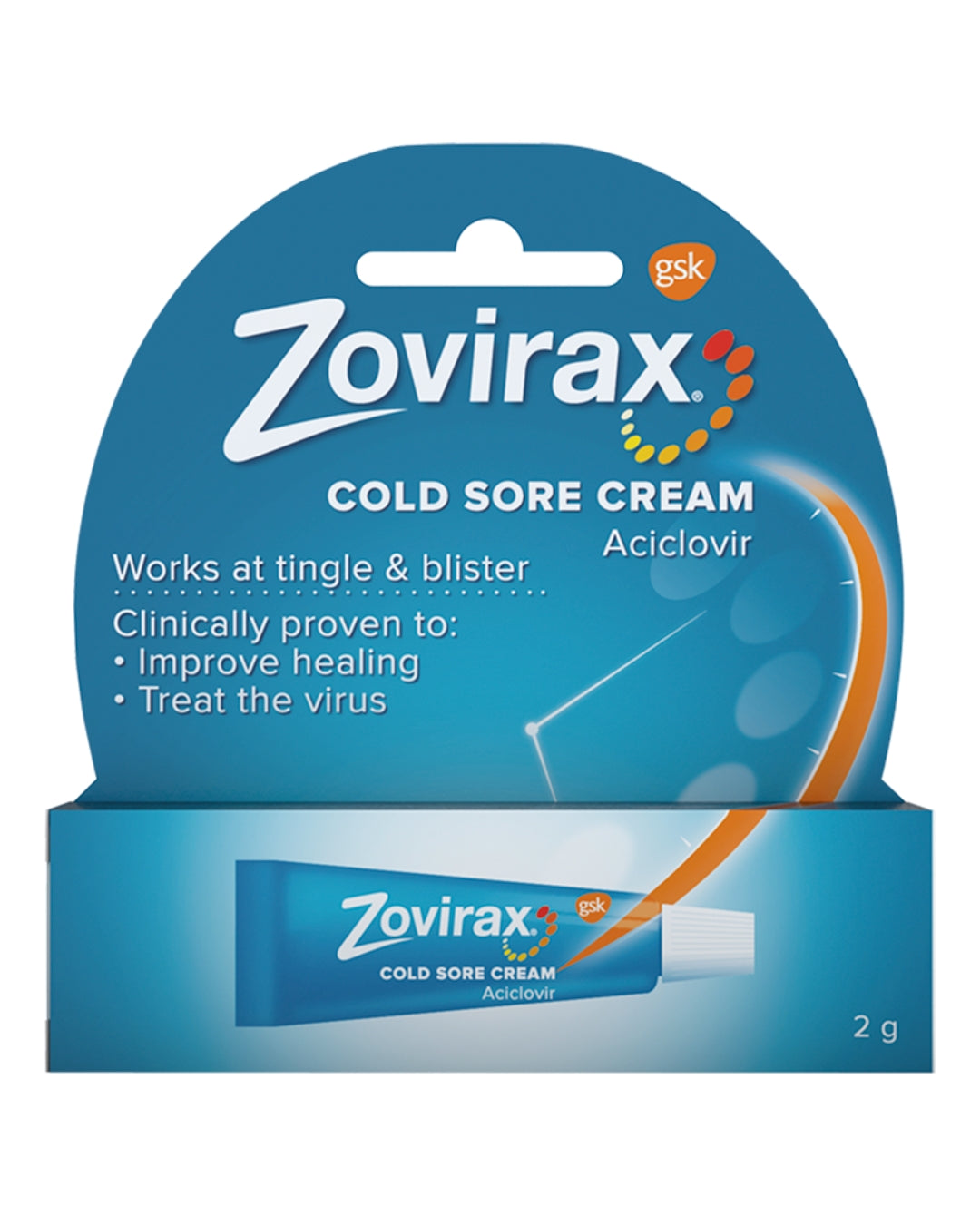
Acyclovir is indicated for the treatment of various herpes infections, including:
- Genital Herpes (HSV-2): Acyclovir can reduce the severity and frequency of outbreaks, decrease the risk of transmission to sexual partners, and alleviate symptoms such as pain and itching.
- Oral Herpes (HSV-1): It can shorten the duration of cold sore outbreaks, reduce pain, and minimize the formation of new lesions.
- Herpes Zoster (Shingles): Acyclovir is effective in reducing the severity and duration of shingles, as well as the risk of postherpetic neuralgia, a complication characterized by persistent pain after the rash has resolved.
- Herpes Simplex Encephalitis: Intravenous acyclovir is the treatment of choice for this rare but potentially life-threatening condition, where the virus infects the brain.
Administration and Dosage
The dosage and duration of acyclovir treatment depend on the type and severity of the herpes infection, as well as the patient’s renal function and immune status. For instance:
- Oral Herpes: Topical acyclovir cream applied 5 times a day for 4 days can reduce the duration of symptoms.
- Genital Herpes: Oral acyclovir tablets, 200mg, 5 times a day for 10 days, are commonly prescribed for initial episodes, with adjustments for recurrent episodes or suppressive therapy.
- Herpes Zoster: Oral acyclovir, 800mg, 5 times a day for 7-10 days, is typically recommended.
Side Effects and Precautions
While generally well-tolerated, acyclovir can cause side effects, including nausea, vomiting, diarrhea, and headache. Rare but serious side effects include renal impairment and neurotoxicity, particularly with high doses or in patients with pre-existing renal disease. It is essential to maintain adequate hydration and monitor renal function during treatment.
Interactions and Contraindications
Acyclovir is contraindicated in patients with known hypersensitivity to the drug or its components. It can interact with other medications, such as probenecid, which may increase acyclovir levels, and zidovudine, where co-administration requires careful monitoring due to potential additive toxicity.
Resistance and Future Directions
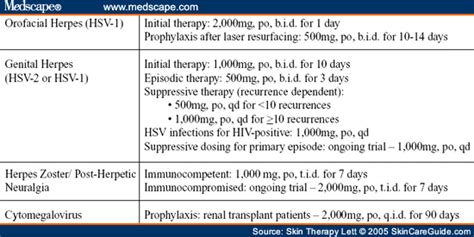
The emergence of acyclovir-resistant HSV strains, although rare, poses a challenge for treatment. This resistance is more commonly seen in immunocompromised patients. Future directions include the development of new antiviral drugs with novel mechanisms of action and improved potency against resistant strains.
Conclusion
Acyclovir has significantly improved the management of herpes infections, offering effective symptom relief, reduced transmission risk, and improved quality of life for affected individuals. Its efficacy, safety profile, and versatility in formulation make it a cornerstone in the treatment of herpes simplex virus infections. However, ongoing research into resistance patterns and the development of new antiviral agents will be crucial in addressing the evolving landscape of herpes infections.
What are the common side effects of acyclovir?
+Common side effects of acyclovir include nausea, vomiting, diarrhea, and headache. However, these are generally mild and transient.
Can acyclovir cure herpes infections?
+Acyclovir can effectively manage and reduce the severity of herpes infections but does not cure the infection. The herpes virus remains dormant in the body and can reactivate.
How long does it take for acyclovir to start working?
+Acyclovir can start reducing the severity of symptoms within 2-3 days of initiation of therapy, but it is most effective when started early in the course of the infection.
As the medical community continues to grapple with the challenges posed by herpes infections, acyclovir stands as a testament to the power of antiviral therapy in improving patient outcomes. Its impact is a reminder of the importance of ongoing research into antiviral drugs and the development of new therapeutic strategies to combat viral infections effectively.


